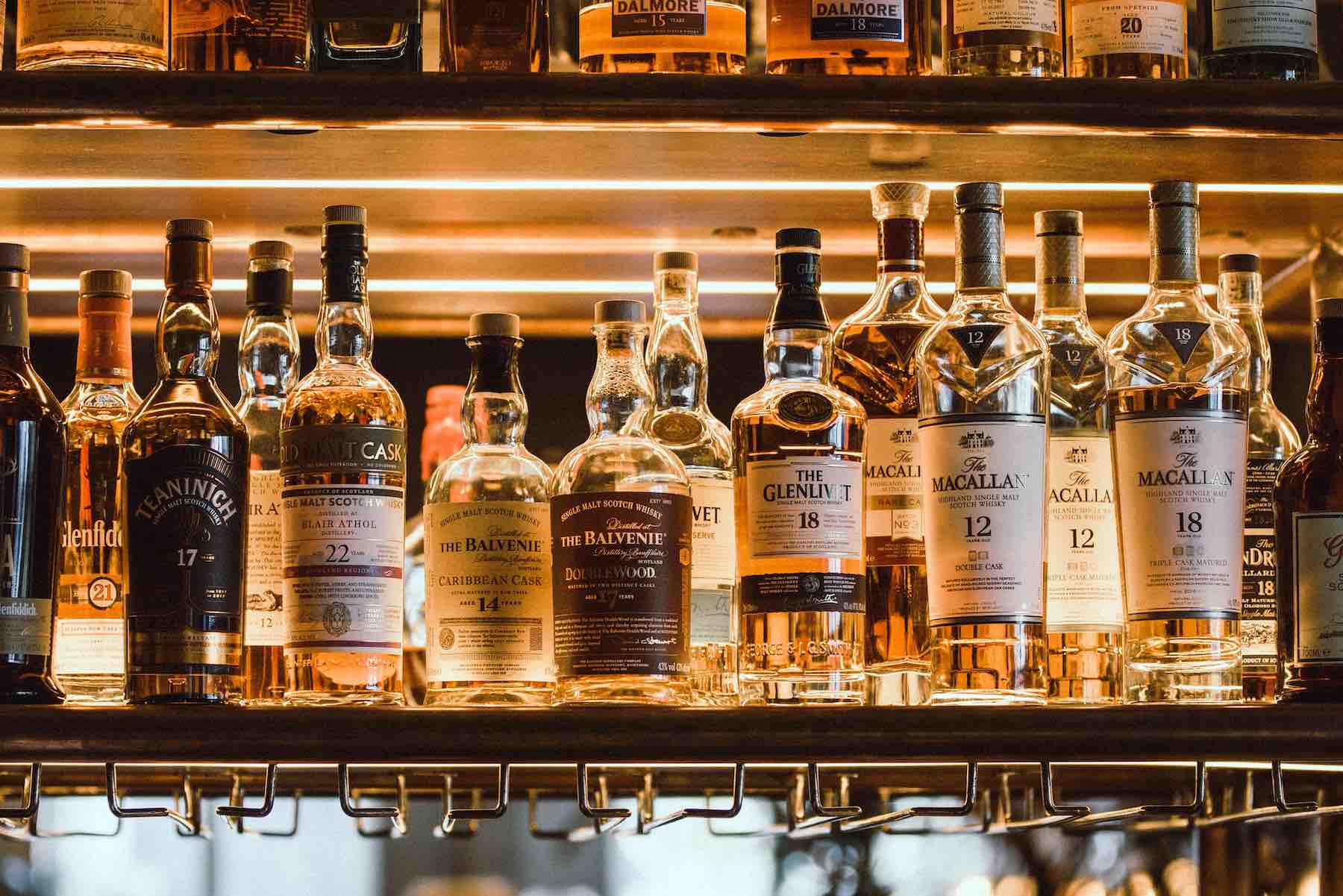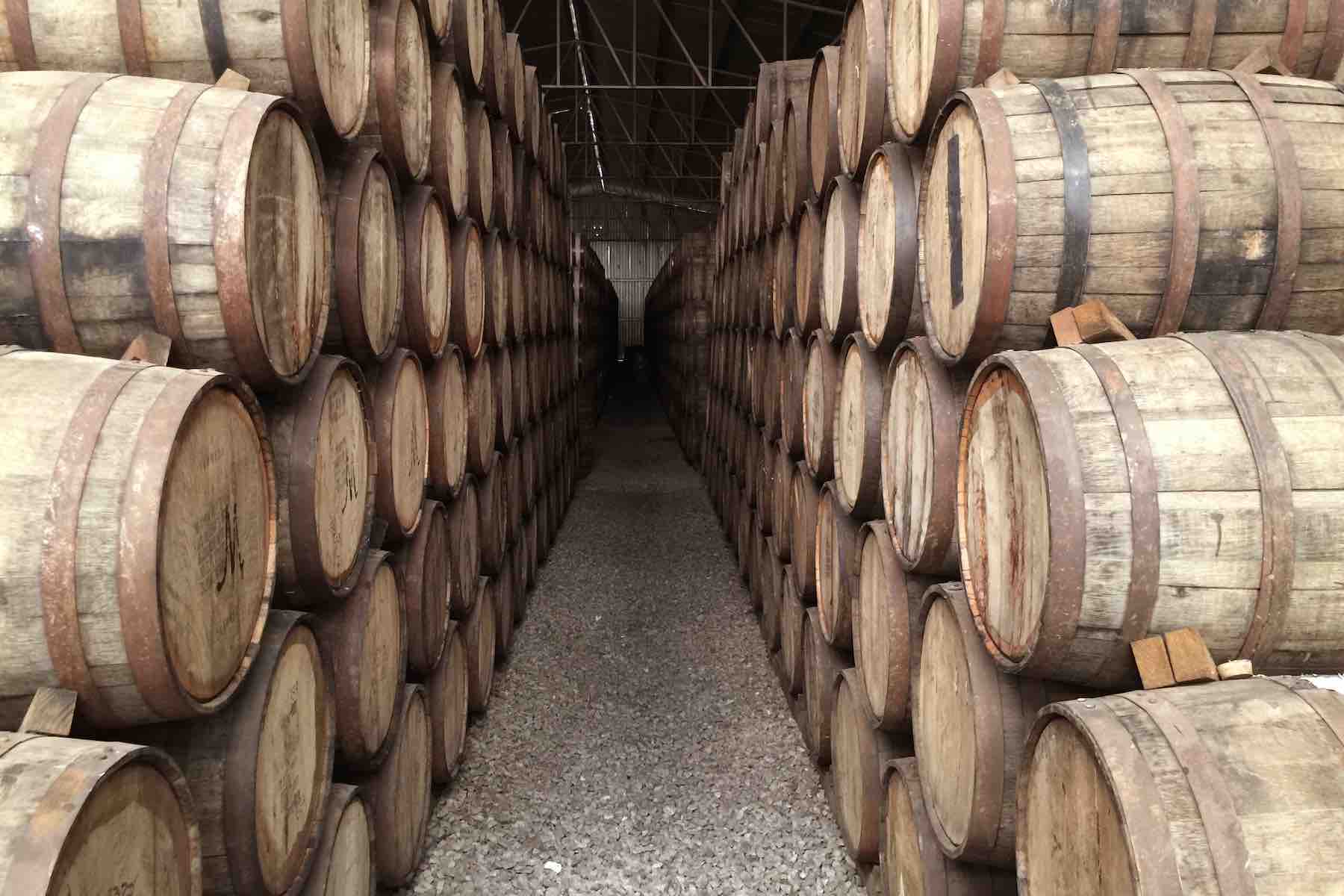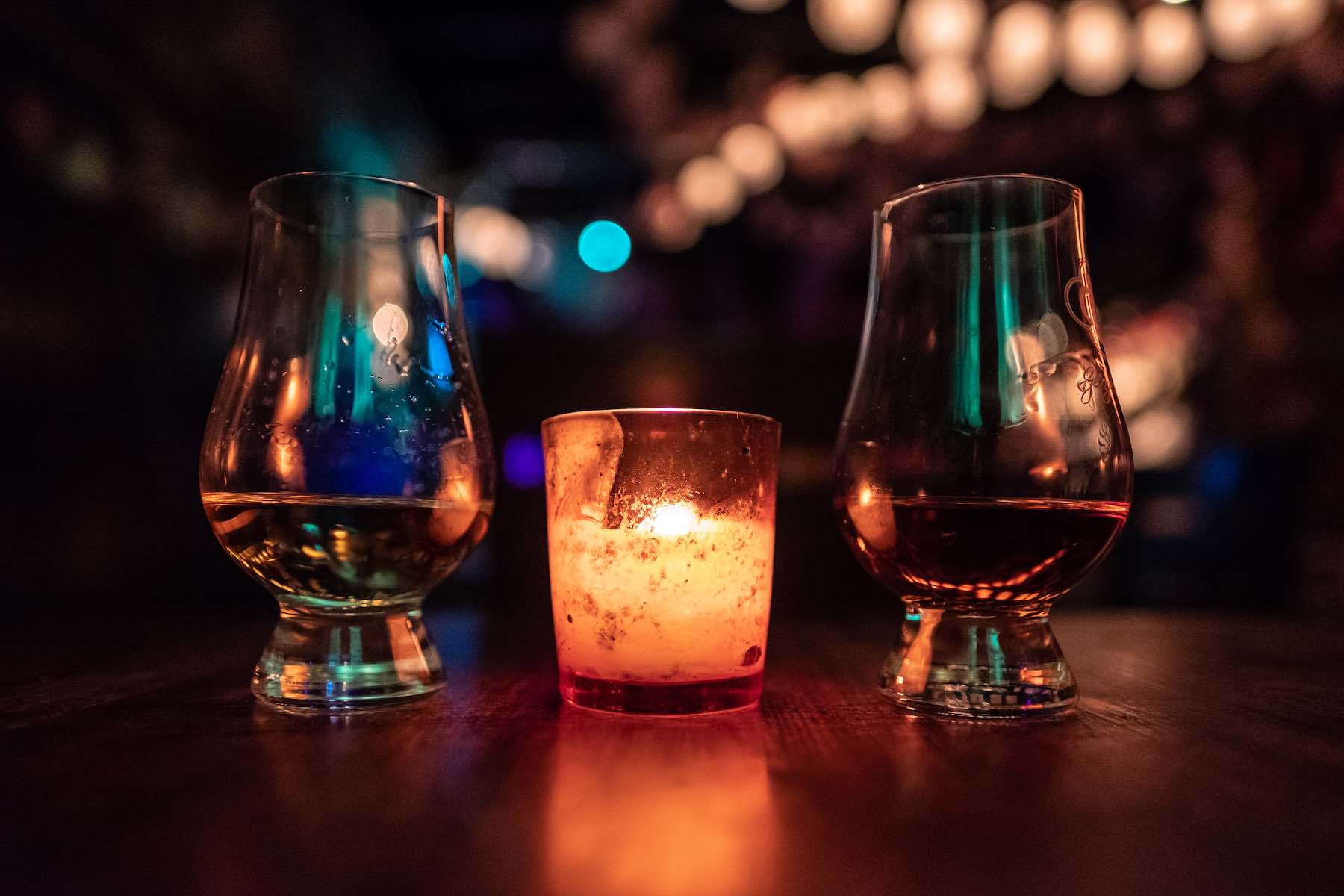
Whisky investments: how to choose bottles with potential
Collecting and investing in wine has been recognised as an alternative investment for a few decades. Collecting and investing in whisky is a somewhat newer concept. I say somewhat, as those in the know have been doing this for, say, the past 10 years or so. But, whisky investments are becoming increasingly popular.
But how do you invest in whisky? Which bottles should you be looking at? In this article I'm going to look at five key points you should look for in bottles with potential to be whisky investments.
1. What is the distillery's name?
Pick almost any collectable, and there will be brands that are especially desirable. Wine, watches, cars. Even art, where the brand is the artist themselves. The same is true of whisky. Some distilleries are more desirable than others.
Macallan has been a particularly strong whisky investment over the past few years. You'll have likely read news articles about whiskies which have reached valuations around the million mark; these are usually Macallans. Other popular scotch brands for whisky investments are Ardbeg, Bowmore, Brora, Dalmore and Springbank.
Some of the high end Japanese and American brands are also seen as good whisky investments. For example, Karuizawa and Hibiki from Japan, and Pappy Van Winkle from America.
2. How many bottles of the whisky were produced?
Again, pick any category, and it's a truism to say items in smaller quantities are more desirable than items produced in higher volumes. This applies to whisky investments too.
Let's pick Macallan, the first brand we touch on above. Macallan has a wide portfolio of releases. From sub £50 bottles available in supermarkets to those costing tens of thousands of pounds. Key is to find those produced in small volumes. Limited editions tend to perform best as whisky investments, because demand outstrips demand.
3. How well received is the whisky?
Now it seems obvious to say, but if a whisky is well-reviewed by respected industry figures it becomes more desirable. People will want to try it. Bottles will get opened. Supply will decrease. Opting for a whisky that's well-reviewed means you know you're buying quality.
The challenge for some of these limited edition, high-end, releases is that it's unlikely they will be widely reviewed. Similar releases from that distillery may give you a rough proxy.
4. What are the stats behind the whisky?
Let's get geeky for a moment. All other things being equal, would you choose a whisky bottled with no disclosed age, or with an age statement? Would you choose a whisky that's 40% ABV or cask strength? A more common bourbon cask, or a high-end sherry cask?
Clearly, there are lots and lots of variables here. And price means the above questions are largely academic, as it's unlikely they will be equal in price. But, I wager I can guess your answers.
Choosing a whisky that has an age statement, is bottled at a higher strength, and comes from an interesting cask is one way of stacking the cards in your favour. These are all hallmarks of quality. And as a quality product, it is likely to have greater appeal.
5. How much is the bottle?
You can find the rarest bottle from the most desirable distillery, but if you pay over the odds you'll be starting on the back foot when it comes to your whisky investment growing in value. Price is, naturally, important.
Of course the very best option is to buy at retail price on the primary market. This can be easier said than done. The releases that we talked about in our second point are, inherently, harder to find. Some are even only released via ballots, so you have to have luck on your side before you've even reached for your card.
There is a big secondary market for whiskies too. You'll likely find many of the whiskies you're looking for on whisky auction sites. But the key here is not to get carried away. Decide what price you're comfortable paying, set a limit, and don't go over it. Whatever you do, don't get carried away, continue bidding, and end up paying over the odds.
Whisky investments: enjoy the journey, and stay within comfortable means
Whisky investments can be a lot of fun. It's a fascinating journey into a passion product. And, done right, there can be exciting investment opportunities.
But, please stay within comfortable means. Work out how much you are comfortable spending, and stick to a manageable budget. Choose whiskies that, ideally, you'd be comfortable opening and enjoying. Even if they'd be limited to 'special occasion' status. This means that, failing all else, you'll have bought yourself a treat.
And, as with any investment, remember that past performance is no guarantee of the future. Investments can, sadly, go down - as well as up.



